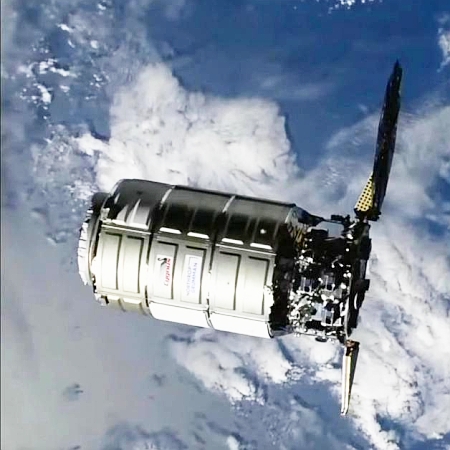China has now signaled that it intends to ramp up the launch rate of its Long March 5B rocket, its most powerful rocket but also a rocket with a core stage that falls to Earth out-of-control after each launch, risking injury and damage to others.
Liu Bing, director of the general design department at the China Academy of Launch Vehicle Technology (CALT), told Chinese media that the the Long March 5B, designed for launches to low Earth orbit, would be used together with the Yuanzheng upper stage series to launch multiple satellites for constellations.
Though not clearly stated, the launcher and YZ-2 combination could be used to help deliver high numbers of satellites into orbit for the planned national “guowang” satellite internet megaconstellation.
It is very possible that with the addition of an upper stage, engineers could reconfigure the rocket so that the first stage is shut down and separated earlier so that it immediately falls into an ocean drop zone following launch. At the same time, making sure that drop zone is always over the ocean might be difficult for some polar launches.
What China really has to do is to upgrade the engines on the core stage so that they can be restarted. At present these engines can only be started once, and once shut down they are dead. If the stage reaches orbit — which it has done on all previous launches — there is then no way to control it, and since that orbit is unstable the stage crashes to Earth, who knows where, shortly thereafter. With restartable engines the stage could easily be de-orbited properly.
China has expressed utter contempt for the complaints of other nations about these out-of-control crashes, claiming the risk is infinitesimal. While quite small, it still exists.
Ted Muelhaupt of the Aerospace Corporation said in July that the odds of debris from the reentry following the launch of the Wentian module ranged from one in 230 to one in 1,000. This was more than an order of magnitude greater than internationally accepted casualty risk threshold for the uncontrolled reentry of rockets of one in 10,000, stated in a 2019 report issued by the U.S. Government Orbital Debris Mitigation Standard Practices.
Small or not, China is a signatory to the Outer Space Treaty, and every out-of-control crash has been a violation of that treaty. This behavior clearly makes China a rogue nation, not to be trusted.

